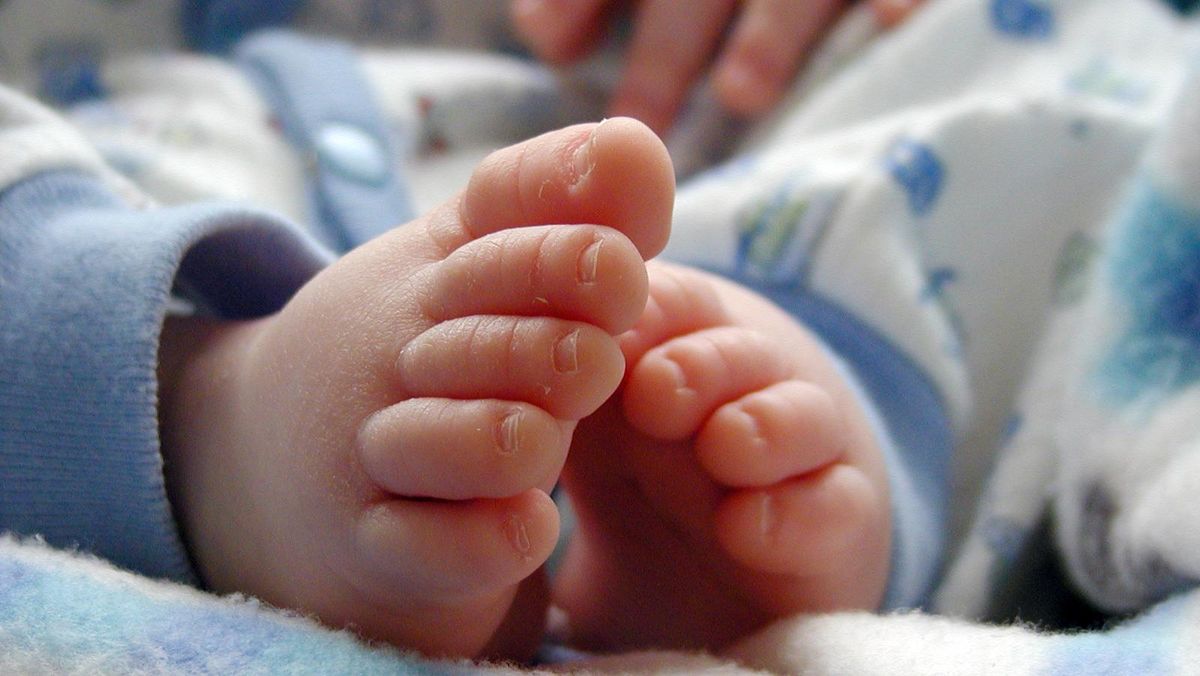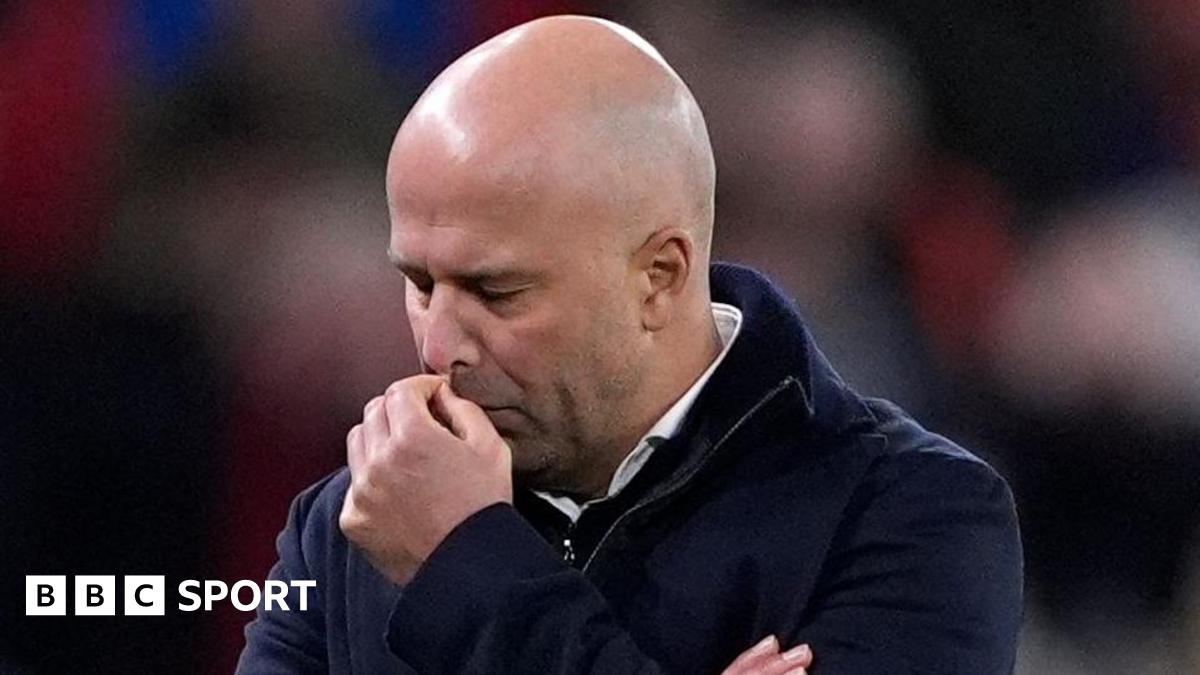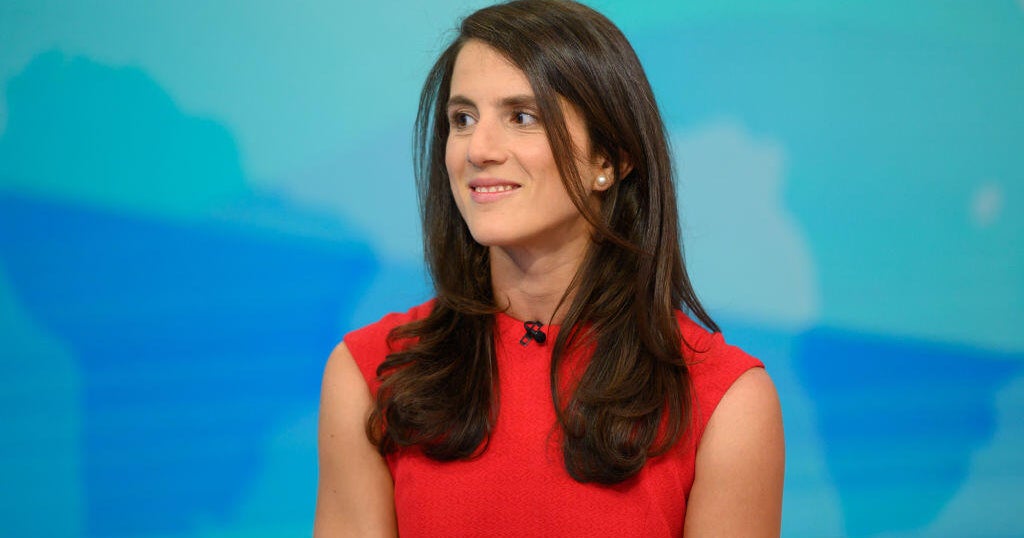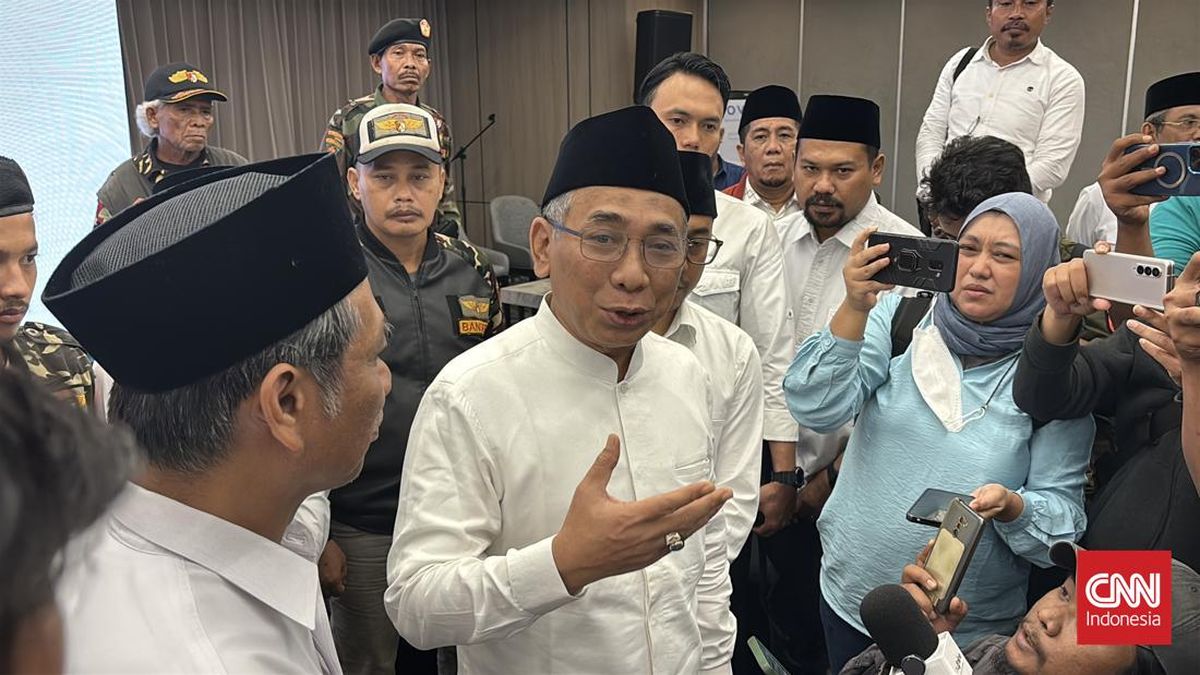Could young Aussies be convinced to do national service? For the Finns, it’s an act of nationalism
In Australia, finishing high school opens a world of possibilities: will you dive straight into university, pick up a trade or take a gap year to travel the world?
For three young Finnish men – Juho Hirst (21), Jaakko Pasanen (25) and Nicholas Boosey (24) – the path to adulthood wasn’t theirs to choose. In Finland, every male citizen aged 18 and over must complete at least 165 days of military service, or, for conscientious objectors, 347 days of civilian service.

Finnish soldier Nicholas Boosey completed non-commissioned officer training in urban warfare.Credit:
Juho became a paratrooper, joining an elite group of fewer than 60 recruits. Jaakko trained as a reserve officer and went on to lead a platoon responsible for training new recruits. Nicholas completed non-commissioned officer training in urban warfare.
“Military service isn’t meant to be fun and enjoyable all the time,” Jaakko says. It requires sisu, a uniquely Finnish concept that Nicholas describes as “being quite stoic and maybe a bit gruff, but determined and resilient”.
The physical and psychological toll of service was clear in Juho’s account of survival training in the Finnish Lapland: “You’re stuck in a forest, it rains for a couple of days straight, you’re cold, and you don’t have much food.”
For Nicholas, it involved “72-hour exercises without sleeping … lugging 30-kilo rucksacks, and carrying your teammates, cannons and rocket launchers”.
In comparison, all three agreed that the everyday pressures of student life now feel far more manageable.
According to Nicholas, one key reason for Finland’s exceptionally high social cohesion is that national service “serves an important role in society as a kind of transition to adulthood – a marker of societal respect and dignity”.
By fostering mutual respect between younger and older generations who have completed service, and strengthening the bond between the individual and the state – which not only provides national security but also offers a range of benefits through the Finnish welfare system – military service addresses issues related to “self-esteem, identity and meaning” that appear to be troubling young men in many other Western countries.

Nicholas Boosey’s survival training included 72-hour exercises without sleeping. Credit:
The camaraderie of military life is another way national service helps integrate young men into society, Jaakko said, by bursting social bubbles and instilling a sense of solidarity among the troops.
Yet national service in Finland carries a far more serious purpose: the defence of the nation against the persistent threat posed by Russia.
With a population of just 5.6 million, Finland shares a 1340-kilometre land border with its powerful neighbour.
In November 1939, the Soviet Union invaded Finland in what became known as the Winter War. By March 1940, the Finns had inflicted four times as many casualties on the Soviets and forced their withdrawal – but only after ceding 10 per cent of their territory.
The Winter War underscored the necessity for Finland to maintain a reserve-based military as the most cost-effective means of providing defence.
Today, as Russia undertakes a significant military build-up along the Finnish border, questions are once again being asked about the country’s ability to defend itself.
Jaakko is confident. He praised the military’s ability to quickly train civilians and noted that nearly every man completes biannual refresher courses as part of his duties as a reservist. This “culture of being prepared”, he argued, puts Finland in a relatively strong position.
Self-defence is not just a European issue; it is felt deeply in Australia. Former chief of army Lieutenant General Peter Leahy recently called for the reintroduction of conscription to address the ADF’s dwindling numbers.
When asked how the Finnish model could be improved if adopted in Australia, Juho and Jaakko suggested including women for reasons of gender equality and to harness a broader talent pool.
Nicholas, a dual UK-Finnish citizen, highlighted a deeper issue, arguing that the outcry at former British prime minister Rishi Sunak’s 2024 election pledge to reinstate national service revealed most young Brits do not feel a sense of obligation to their country.
Loading
This sends a powerful warning to Australia – national service can only work here if we enact a fundamental reset in the social contract between our leaders and the younger generations, who will ultimately be asked to risk their lives.
Governments must deliver on their promises to provide today’s youth with the opportunity, security and prosperity enjoyed by past generations. As John F. Kennedy might have put it: show what our country can do for us. In return, we must step up to the challenge and show what we can do for our country.
Australia’s quality of life is the envy of the world – but if we want it to stay that way, we all share a responsibility to vigorously defend the egalitarian values underpinning our free and fair society.
For Jaakko, it’s obvious: “We have really good welfare in Finland and a good society. So I’m proud to be a Finn and this is my way of contributing back.”
Carla Krnel is a final-year law and international relations student at the Australian National University. She has a strong interest in defence policy and foreign affairs.
Most Viewed in National
Loading


















































